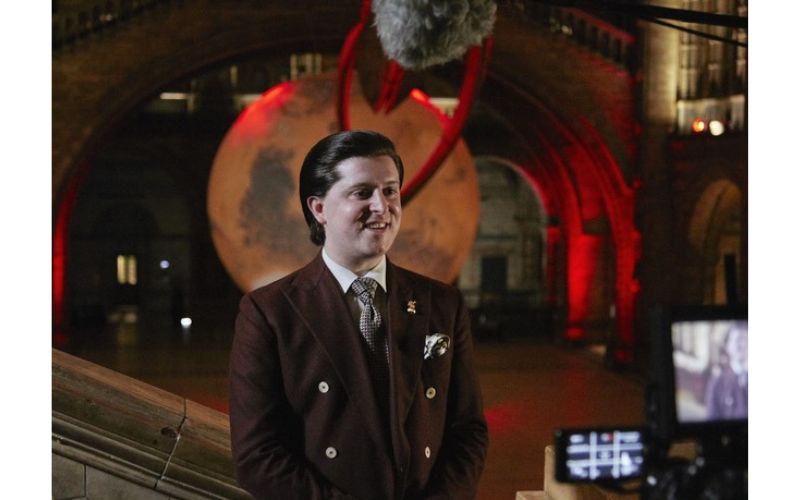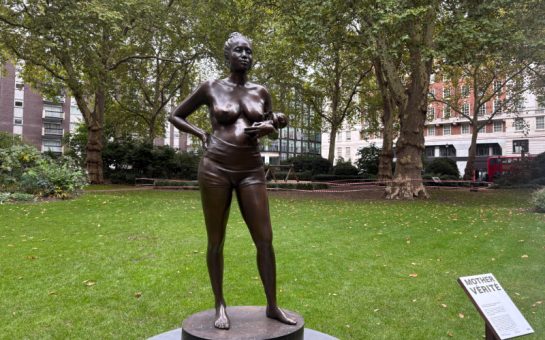A professor at Birkbeck University has analysed a rock which contains the best evidence yet of Martian life.
Dr Keyron Hickman-Lewis is the co-author of a new study published in the science journal Nature which found possible signs of microbial life on a rock sample from Mars.
The researchers investigated a sample called Sapphire Canyon which was recovered from the Jezero Crater by NASA’s Perseverance Rover.
It has distinctive leopard spot markings which may indicate past chemical reactions produced by microscopic life.
“It is the most compelling potential trace of life we have seen so far,” according to Hickman-Lewis.
The findings suggest life may have existed more recently and for longer than scientists previously conjectured.
This is because signs were observed on some of the youngest sedimentary rock identified by the rover.
The scientists identified what are known as potential biosignatures, matter which may have a biological origin. But more research is needed to know if these are definitive signs of life.
Hickman-Lewis is excited at this prospect. “The good thing about these samples is they give us more questions than answers,” he said.
So far, scientists have only been able to study the samples using the rudimentary instruments which the Perseverance Rover has access to.
Part of Hickman-Lewis’ role is to help justify what makes samples like this worth bringing back to Earth for further laboratory testing.
By analysing rocks which are billions of years old on the Martian surface, it provides insights into some of the big questions, like whether life on earth is unique and how it might have evolved in the first place.
“When we look at the surface of Mars we are effectively looking at a time capsule,” Hickman-Lewis explained.
In addition to furthering human knowledge, Hickman-Lewis highlights the power of space science to fulfill the human drive for exploration and facilitate international scientific collaboration.
Despite this breakthrough, a backdrop of potential cuts has thrown the recovery of Mars rover samples and future research in this area into doubt.
President Trump has announced plans to slash NASA funding by 24% in 2026. In Europe, the UK’s independent space agency was abolished and absorbed into the Department of Science Innovation and Technology this August.
“I think threats to this kind of discovery science are really threats to furthering knowledge,” Hickman-Lewis commented, in response to these developments.
Hickman-Lewis is keen to acknowledge the hundreds of researchers who work in this area and the years they spend on these projects.
He concluded: “I think it would be a real tragedy if we didn’t complete the work that we’ve started.”
Featured image credit: Aimee McArdle





Join the discussion